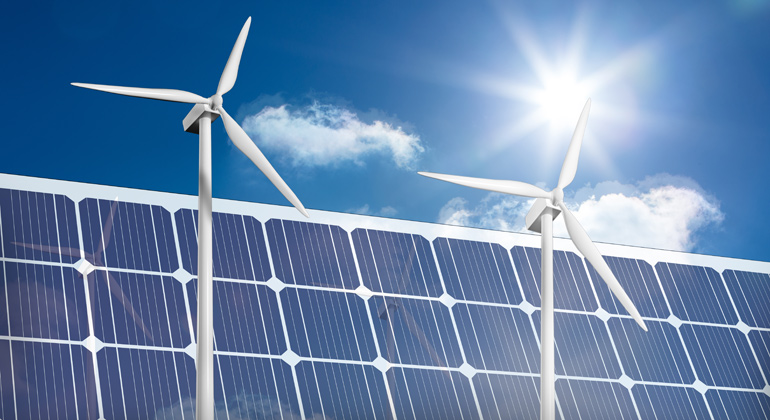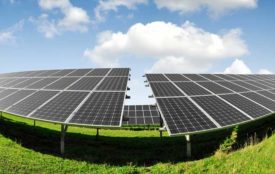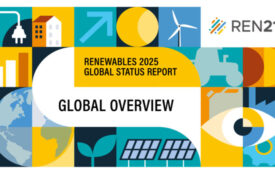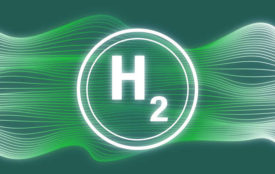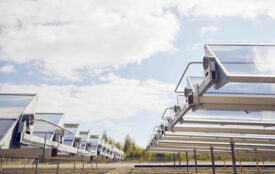IRENA Outlines Importance of Energy Transition in Global Innovation Index
The International Renewable Energy Agency (IRENA) has outlined the innovation priorities needed to accelerate the transition to a sustainable energy system. The Agency authored a chapter of the recently published 2018 Global Innovation Index (GII) report, named Innovation Driving the Energy Transition in which four central policy-level innovation recommendations are outlined as critical to scaling-up renewable energy deployment.
The chapter also charts the development of various renewable technologies, categorising their viability and deployment progress. Applications seen as being ‘on track’ include wind and solar PV power technologies together with electric vehicle development, while areas in need of further innovations to improve their economics and adoption rates include biofuels and solar thermal heat applications, the chapter highlights.
The 11th edition of the World Intellectual Property Organisation’s (WIPO) global innovation index report, themed Energizing the World with Innovation analysed the state of energy sector innovation, identifying areas where further effort is required, and where breakthroughs in fields such as energy production, storage, distribution, consumption, and decarbonisation are taking place.
IRENA’s chapter makes the following policy-level recommendations:
- Foster a system wide approach to innovation, beyond research and development Innovations in technology, together with innovative approaches to enabling infrastructure, business models and system operation, must all be pursued with equal assiduousness, IRENA points out. “Leveraging synergies between innovations across all sectors and components of the energy system, and involving all actors, is crucial for the transition,” said Dolf Gielen, Director of IRENA’s Innovation and Technology Centre.
- Strengthen international cooperation to nurture innovation Innovation is central to decarbonising the energy sector, and international cooperation is critical to innovation, IRENA points out. To stimulate the breakthroughs necessary to advance the energy transition, existing platforms designed to foster international collaboration should be prioritised at a national level. This allows countries to share ideas, pool resources and capital, and co-develop programmes that support common interests.
- Advance power system integration The business case for renewable power generation is now unquestionable, with power generation costs now falling well within the fossil fuel cost range. Yet despite the strong business case, achieving the world’s full resource potential requires a significant scaling-up of the share of renewable power in global electricity systems from a quarter today, to around 85 per cent by 2050. This requires efforts to promote systems integration by increasing the flexibility of power systems in supply and demand.
- Support a portfolio of technology options to electrify and decarbonise end-use sectors The electrification and decarbonisation of end-use sectors such as transportation, heating, cooling and industry lags the renewables momentum for power generation, yet end-use sectors represent close to 60 per cent of energy related CO2 emissions. A combination of electrification, technology breakthroughs, and sector-specific global agreements for decarbonisation, are needed according to IRENA’s recent analysis. Francisco Boshell, Analyst – Renewable Energy Technology, Standards and Markets at IRENA said: “Electrifying energy demand of end-use sectors represents a ‘win-win’ that can reduce emissions whilst supporting the integration of higher shares of renewable power.” IRENA indicates that pursuing electrification can double the share of electricity in final energy use in the coming decades.
View and download the report here.
